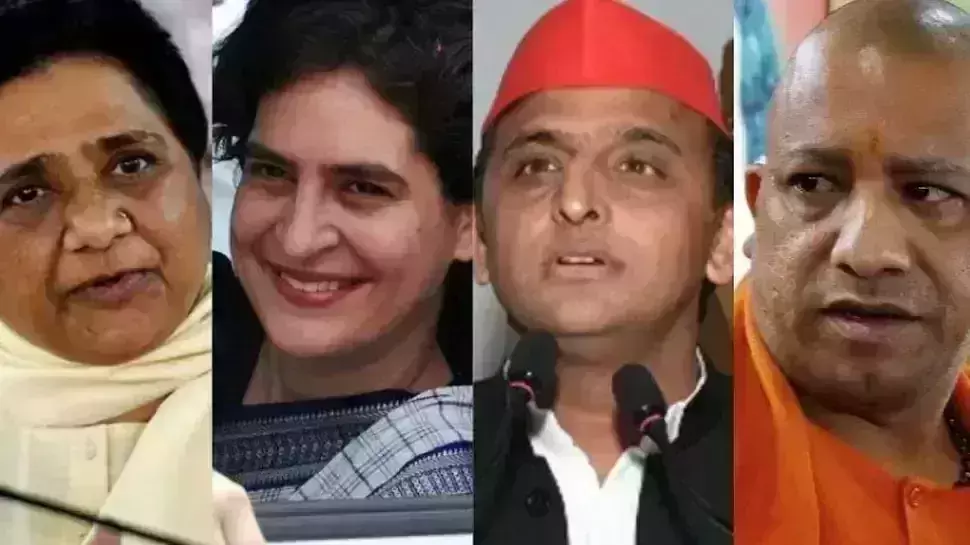
New EC pollrules: Advantage BJP?
text_fieldsThe Election Commission announcement of dates for the forthcoming state assembly elections in Uttar Pradesh is much on the lines the key opposition parties were anticipating. But where they have been taken by surprise was the Commission's decision to completely ban physical rallies and heavily restrict roadside meetings.
In view of the rising Omicron graph, everyone was anticipating restrictions on large gatherings, but no political party could imagine that this election would be made totally virtual.
It is common knowledge that BJP was the only political party with a wide digital infrastructure with a huge IT cell at all levels, that none of its rivals can match. And that is what places the ruling party way ahead of all its rivals in this crucial race for power. According to a BJP insider, the BJP leadership has created WhatsApp groups right from the state level and district level, down to block and booth level. As many as 80 lakh party workers are believed to be connected under BJP's IT outreach.
The operational functionality of the network has been tried and tested during the "free-ration" distribution drive that was undertaken a few months ago, first under the banner of the Prime Minister and subsequently by Yogi Adityanath's state government. BJP workers were detailed to cross-check the proper distribution of free rations right down to the grassroots level.
In any case, ruling parties are always endowed with resources that no opposition party can match, which under the current circumstances make it an unequal electoral battle. The manner in which the Yogi government allocated a budget of nearly Rs 650 crores towards publicity over the last two supplementary budgets is also unprecedented. No wonder the publicity blitz carried out by the government beat all past records.
Even though the ban on rallies has been clamped initially until January 15, it is widely believed that this deadline would get extended. "Even if others were to try, it would take longer to build that kind of digital base right down to the grassroots level", remarked a veteran BSP leader, who prefers not to be named.
Even as Samajwadi Party spokesman Girish Tiwari felt that this diktat of the Election Commission would mean the absence of a level playing field, he was confident of meeting BJP's IT might. "Remember, our leader Akhilesh Yadav was the first-ever chief minister of the state to promote IT activities and had started the unique practice of distributing laptops to young students; therefore, we also have a digital team", he claimed. The Congress party too suffers from the same handicap.
These opposition parties may not face any difficulty in urban areas, but due to the absence of a digital base at the grassroots level, it may not be easy for them to reach out to their target voter. Since the rural support base of opposition parties in general and SP, in particular, was formed of poorer and less educated people, there can be no doubt that they will remain at a disadvantage against their ruling adversary BJP. What is worse is that even for roadside meetings and door-to-door campaigns, the Election Commission has put a ceiling of five persons!
Where the Election Commission seemed to have scored a point was its decision on the fielding of candidates with criminal antecedents. It is clearly unprecedented that political parties will now have to state why they chose such a person as their candidate. And to top it all, even the candidate would have to explain why he considered himself eligible to enter the electoral fray. Whether this will also be circumvented, only time could tell.
Like the last state election in 2017, this time too it would be 7-phased. And much on the same lines, the polling would go from West to East, spread over a month's span between February and March.























